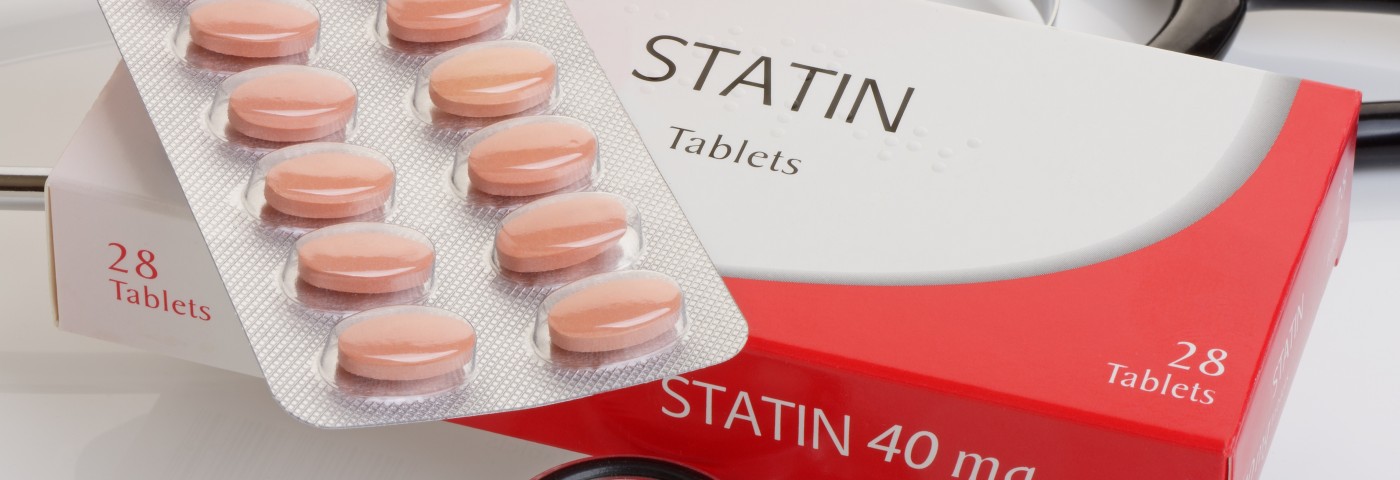Although statin use has been poorly associated with rituximab in laboratory experiments, a study investigating the concomitant use of statins and rituximab in follicular lymphoma patients has concluded that statin use is safe and does not negatively impact cancer prognosis.
Evidence is growing that the blood-cholesterol lowering statins have antitumor effects. In several low-grade non-Hodgkin lymphoma types, such as follicular lymphoma, lymphocytic leukemia, and large B-cell lymphoma, the antibody rituximab is often the drug of choice. In laboratory settings, however, statins have been shown to decrease the binding of rituximab antibodies to their target protein CD-20, a molecule present on the surface of immune B-cells that become cancerous in these lymphomas. By binding to the protein, rituximab induces changes that ultimately kill the cells. A statin-induced reduction in binding of rituximab to CD-20 could, therefore, jeopardize treatment.
Despite this, no adverse outcomes were reported in a number of clinical trials where a proportion of patients were using statins simultaneously to rituximab treatment. Even more surprising, a study exploring the combination in patients with large B-cell and follicular lymphoma found that statins may, in fact, be beneficial. Similar results were also reported in another trial of patients with relapsed or refractory chronic lymphoid leukemia, but the studies were not optimally designed to draw solid conclusions about the combination.
A research team at the Claude Bernard University Lyon, France, studied 1,135 patients included in the PRIMA trial — an international, multicenter clinical study investigating the benefit of maintenance therapy with rituximab. Of these patients, 119 (10.4 percent) also used statins.
In a study titled “Statin use is safe and does not impact prognosis in patient with de novo follicular lymphoma treated with immunochemotherapy: An exploratory analysis of the PRIMA cohort study“, and published in the American Journal of Hematology, researchers measured the frequency of adverse events, event-free survival, time to next lymphoma treatment, time to next chemotherapy, and overall survival in both groups.
Results revealed that the rate of cardiovascular events was similar between the two groups. There also were no differences in any other adverse events or survival measures, even after the researchers adjusted the analysis for potentially influential factors.
The authors conclude that statin use does not negatively impact the prognosis of follicular lymphoma patients treated with rituximab immunochemotherapy.


